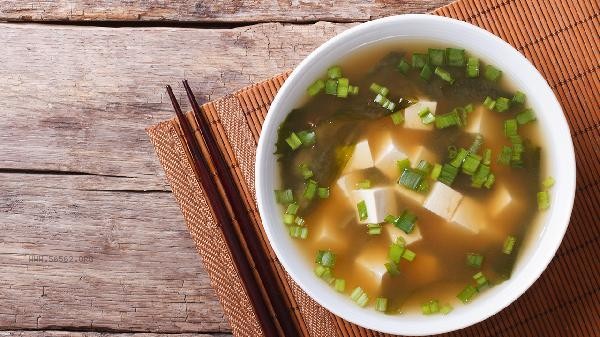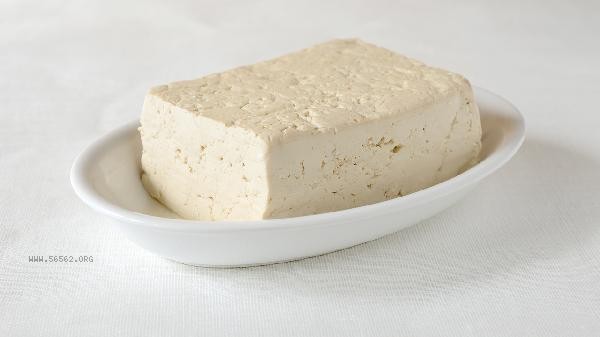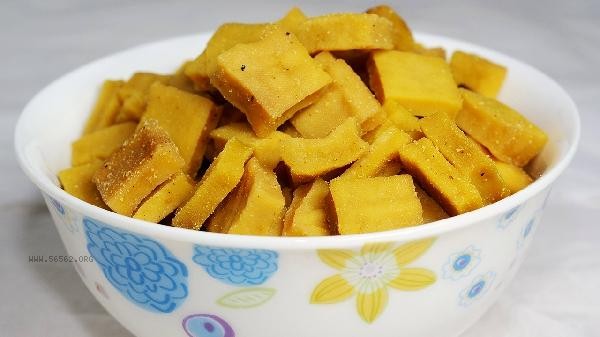Tofu can usually be mixed with vinegar, which does not produce harmful substances when combined, but may affect its taste and nutrient absorption. The combination of tofu and vinegar mainly involves factors such as protein coagulation, calcium absorption, digestive burden, taste conflicts, and precautions for special populations. Tofu is rich in high-quality protein and calcium, and acetic acid can cause the protein in tofu to denature and solidify, making the taste rough. This change will not destroy the nutritional value of protein, but may reduce the tenderness and smoothness of tofu. From the perspective of calcium absorption, acetic acid helps dissolve calcium in tofu, theoretically increasing the bioavailability of calcium. However, excessive acetic acid may actually interfere with mineral balance. When some people have weak gastrointestinal function, consuming high protein foods and acidic substances at the same time may increase digestive burden. The alkaline nature of tofu itself, when mixed with the acidity of vinegar, may cause discomfort in the stomach. For patients with gastritis who need to control gastric acid secretion, this combination may stimulate the gastric mucosa. The strong sour taste of vinegar may mask the light and natural flavor of tofu, affecting the overall flavor hierarchy of the dish.

In daily cooking, the ratio of tofu and vinegar can be adjusted according to personal constitution. For those with normal digestive function, consuming a small amount is not harmful. It is recommended to control the amount of vinegar used in cold tofu dishes or choose rice vinegar with a lower degree of fermentation. People with gastrointestinal sensitivity can eat tofu and vinegar separately to avoid eating acidic foods on an empty stomach. Tofu itself is a high-quality source of plant protein, and a reasonable combination with other ingredients can better enhance its nutritional value.











Comments (0)
Leave a Comment
No comments yet
Be the first to share your thoughts!